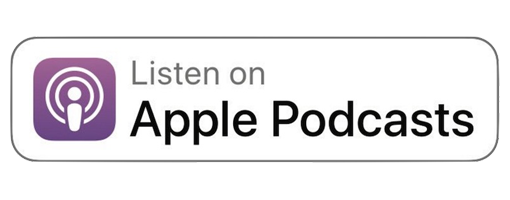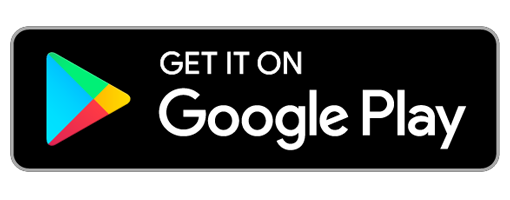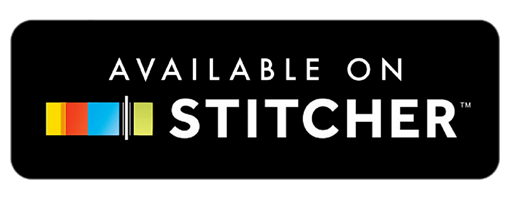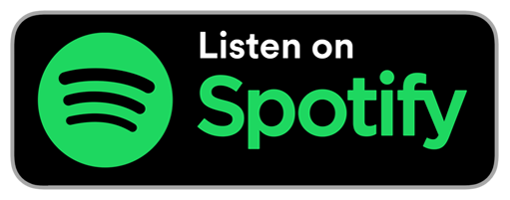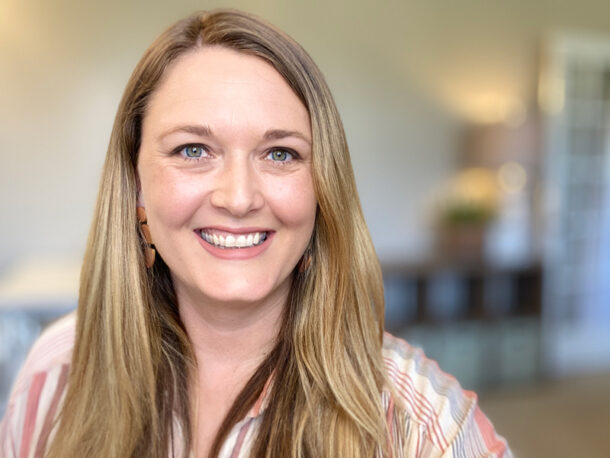Speak Clear English - Enroll Today
TODAY’S EPISODE:
Language:
A powerful human tool
In today’s article we’ll talk about Language, a powerful tool for communication and information transmission. According to a survey by Ethnologue carried out in 2021, there are 7,139 languages in the world. The African and Asian continents dominate 62% of the most common languages around the world. However, 3,018 languages (42%) are threatened with extinction. A language becomes extinct when the last fluent speaker of that language dies. The stability and continuity of a language is guaranteed when more than 50% of new speakers, especially children, learn to use a certain language.
We would love to hear about your reasons for studying English. If you have any questions about the content presented here, you can contact us in the comments and Instagram @studyenglishwithandrea
Human Language
Language gives us the ability to communicate. Language is a complex system of meaning, grammar, body language, sounds, and in some cases, writing.
Human language, recognized as a communication system, is different and much more complex than any other communication system established among other species. The human communication system is based on a diversified system of rules that are based on symbols for the generation of meanings, resulting in an indefinite number of possible innovative expressions from a finite number of elements. From this comes the different ways of saying the same thing, depending on the context, the situation, the person, the moment, among other factors.
Not even in your native language is it possible to know absolutely all forms of expression and vocabulary that constitute it, and this extends to the new language in which you are learning. This variety of forms of expression and diverse communication skills will only emerge with time, with practice and with the development of different cognitive skills.
Language and Culture
Language has become something directly linked to human culture. While other animals have the ability to communicate in limited forms (like bees telling other bees where to find nectar), their communication is extremely limited. They aren’t able to talk about their feelings, or about where honey used to be three days ago. Human communication is unique in that way. Human language has social and cultural uses and applications, such as the expression of identity, social stratification, maintenance of unity in a community, and entertainment.
All languages have a process called semiosis, meaning the language connects a sign to a certain meaning. Both spoken and sign languages contain the same principle of creating a linguistic system that governs how sounds or visual symbols are articulated to form sequences known as words or morphemes.
Furthermore, languages have a syntactic system that governs the way in which words and morphemes are used in order to form standardized sentences and utterances, called grammar.
Written languages use visual symbols as a way to represent the sounds of spoken languages, also presenting syntactic rules that govern the production of meaning from the sequences of words. However, even with this standardization, languages evolve and diversify over time. Languages are understood in context, and have an essentially variable reality. In this way, the notion of right and wrong originates in society, not in the structure of the language.
The history of the evolution of languages can be reconstructed from comparisons of modern languages. A group of languages that descend from a common ancestor is known as a language family.
The languages that are most spoken in the world today belong to the Indo-European family, which includes languages such as English, Spanish, Portuguese, Russian and Hindi; the Sino-Tibetan languages, which include Chinese, Mandarin, Cantonese, and many others; the Semitic languages, which include Arabic, Amharic, and Hebrew; and the Bantu languages, which include Swahili, Zulu, Shona, and hundreds of other languages spoken across Africa.
We hope you learned a lot of new information from this article! If you have any questions or curiosity, let us know!
So now that you’ve learned more tips about the language you’re studying, it’s time to improve your English!
Click on one of the following links to start speaking clearer English!
1)New free mini-course “punctuation mistakes to avoid”
2) Clear English Pronunciation Video Course
3) English Vocabulary – Audio Files & PDF – TOEFL & IELTS
4) Idioms in Conversation
5) Jumpstart Your English Audiobook + eBook
Follow us on Youtube & Instagram:
@studyenglishwithandrea – Daily English posts, tips and vocabulary!
@citizenshiptest – For those who want to study for the American citizenship test.
Sources:
https://www.ethnologue.com/guides/how-many-languages
https://www.yspanuslanguages.com/post/quantos-idiomas-existem-mundo
https://pt.wikipedia.org/wiki/Linguagem#cite_note-HOUAISS_lingua-3
Until next time, Happy Learning!
Speak Clear English - Enroll Today

Jhessika Nascimento
Director of International Partnerships
Jhessika Nascimento is the Director of International Partnerships for Study With Andrea and lives in Brasilia, Brazil.
Jhessika is a bilingual teacher of English and Portuguese, studying for a Master's Degree in Strategic Management in Information Technologies at the Universidad Internacional Iberoamericana.
Graduation in Letters - Portuguese and English.
Postgraduate in Teaching in Higher Education.
Postgraduate in Risk Management and Cybersecurity.
Postgraduate Executive MBA in Process Management BPM-CBOK.
Postgraduate in Translation and Proofreading of Texts in English.
About Andrea
Andrea Giordano is the founder of StudyWithAndrea.com and has taught more than 1,000,000 students from 180 countries. Andrea holds a Master of Education (TESOL) from Shenandoah University, and is the former Executive Director of TESOL and ESL programs at Campbellsville University. Andrea is a proven leader in online English teaching and is driven by her passion to help you speak English clearly.

